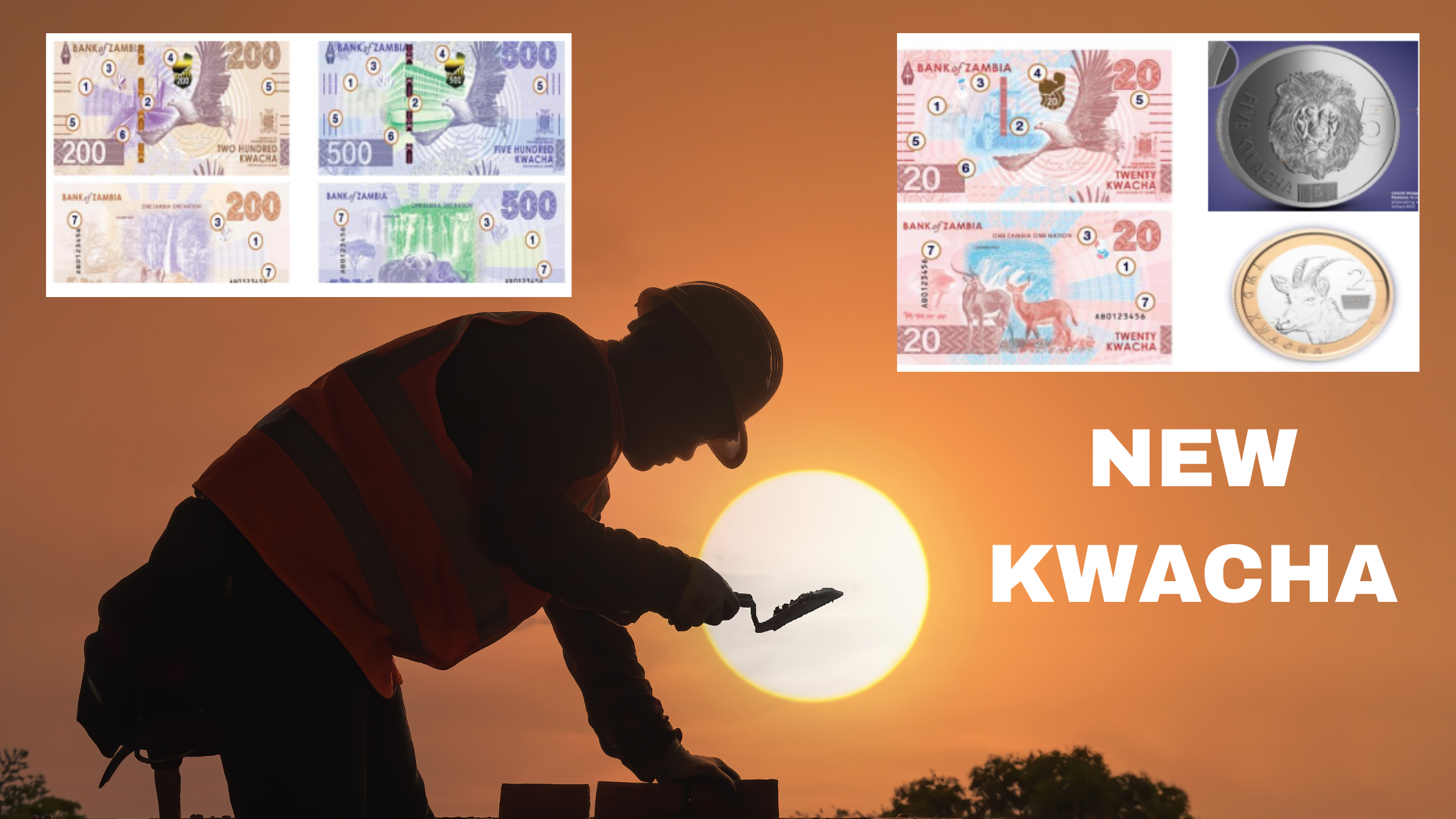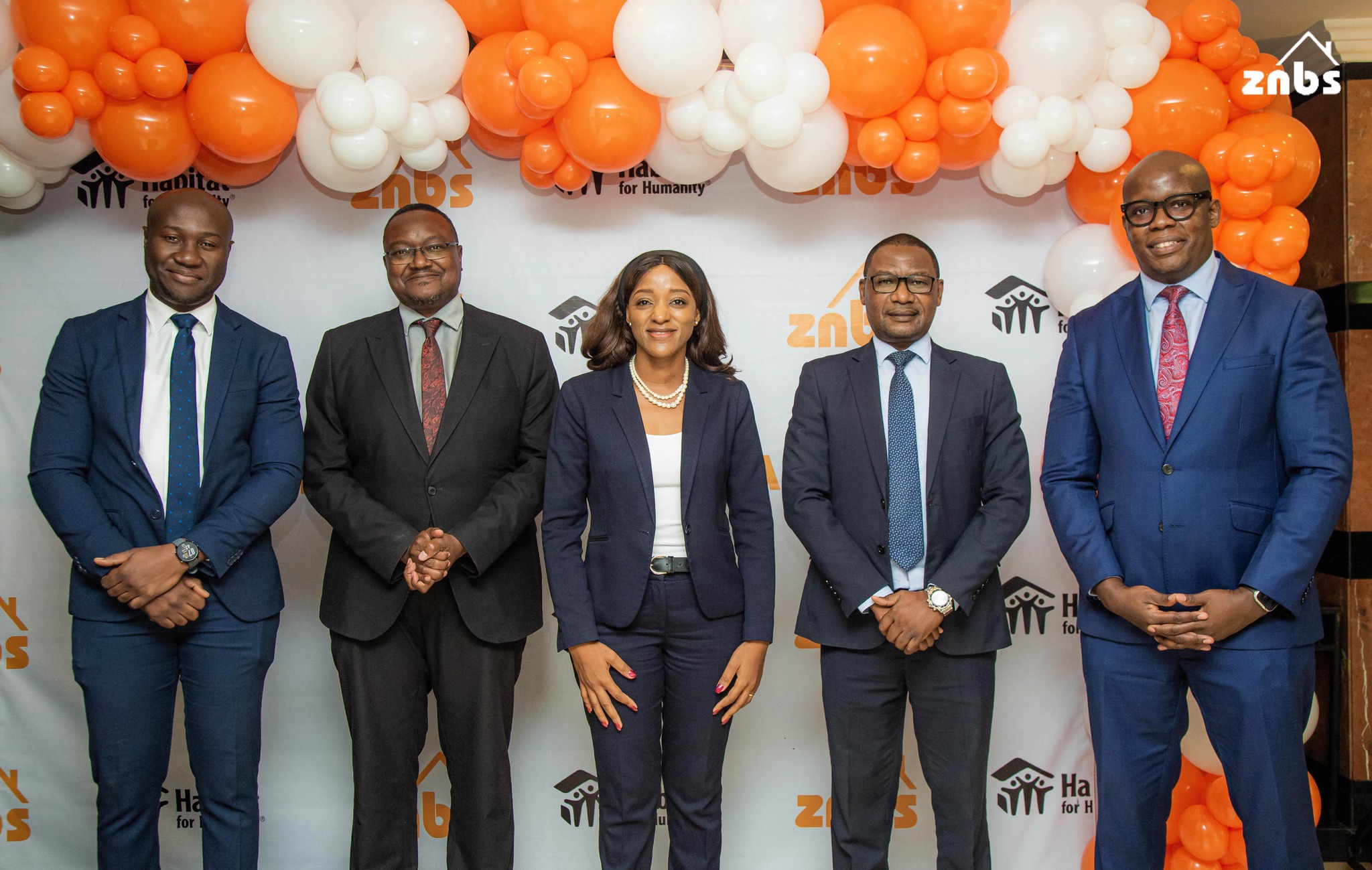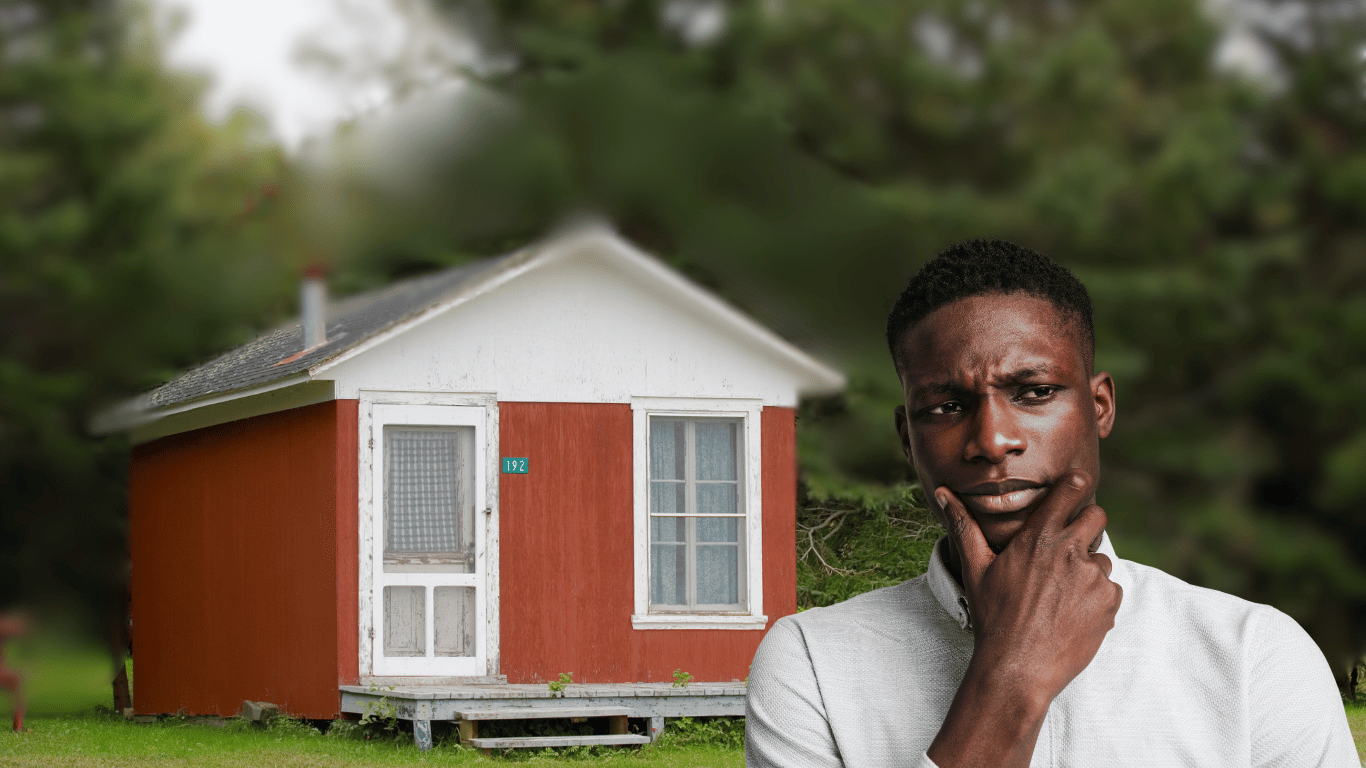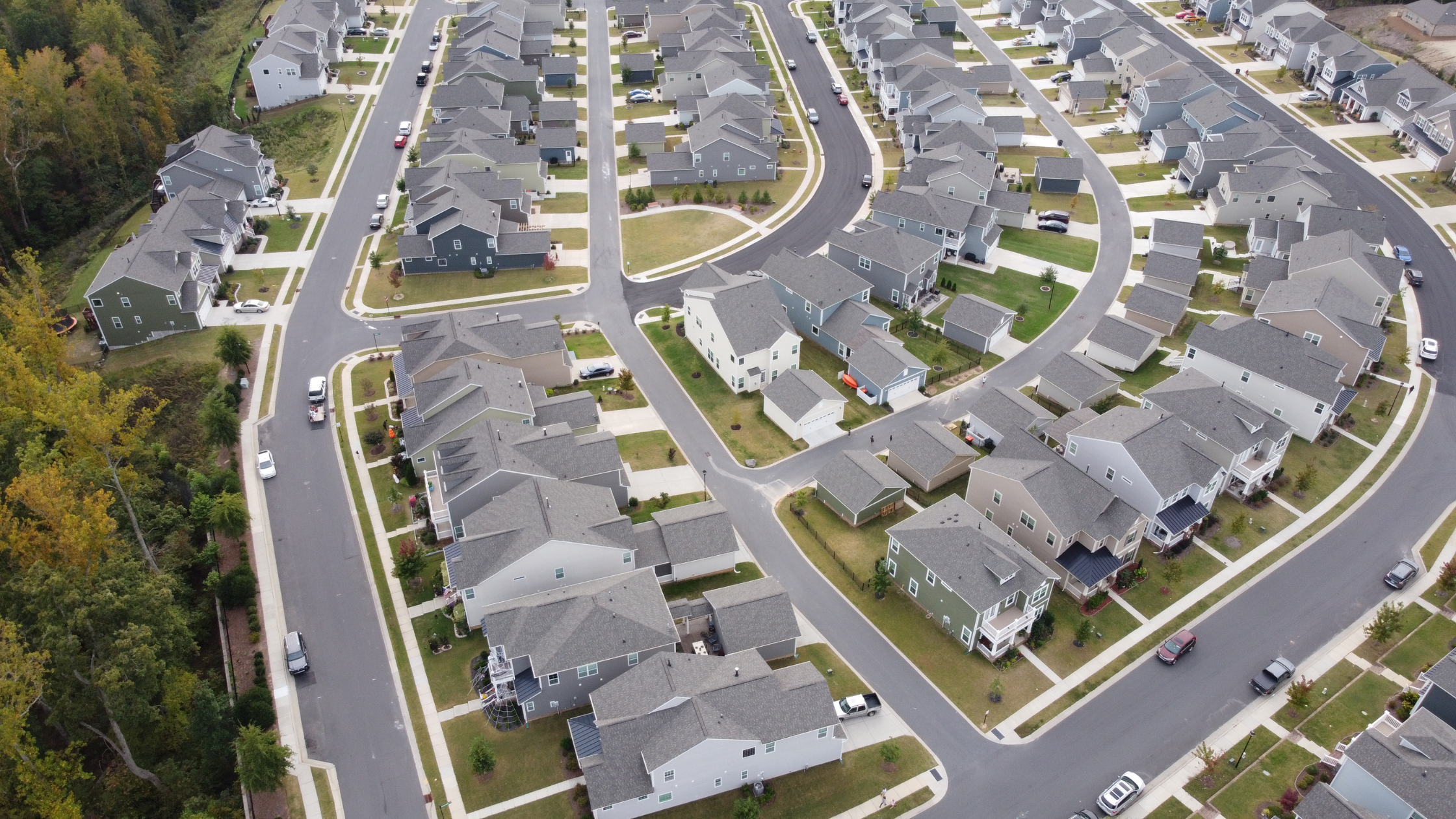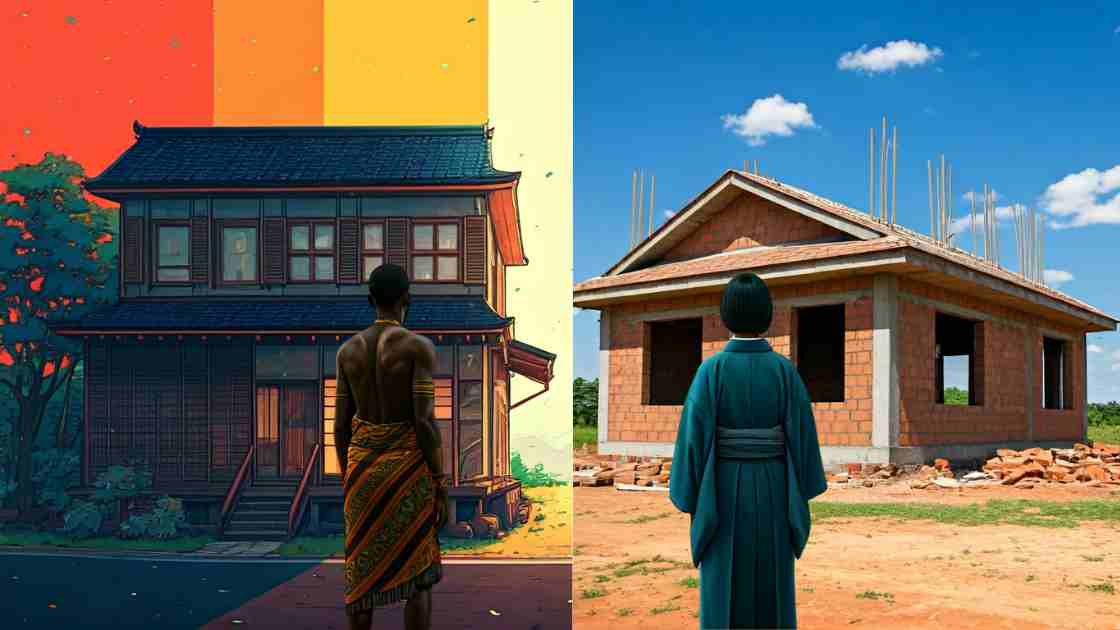

We have launched a new video series called Zambia House Tours hosted by yours truly, Born the Builder. In this series you will get to see construction projects and completed projects for inspiration. You will also get to learn from the home owners and compare the different types of investments that you can venture into.
Episode 1 takes us to Siavonga. In this video, we tour a 2-bedroom semi-detached house under construction in Siavonga, Zambia, built by one of our followers from the Zambia House Plans community. 🏡 This home is part of a unique project aimed at creating short-term rental properties for Airbnb near Lake Kariba, one of Zambia’s most popular tourist destinations. Whether you’re planning to build your own house, invest in real estate, or start an Airbnb business in Zambia, this tour offers a closer look at what’s possible when building in Zambia.
✅ What you’ll see in this video: ✅ Real project by a follower of our Zambia House Plans page ✅ Full walkthrough of a 2-bedroom semi-detached house ✅ Smart layout for short-term rental income ✅ Affordable building ideas for Zambian investors Thinking about building in Siavonga or investing in Airbnb properties in Zambia? Get inspired by real people building real homes and Zambian Architecture.
Episode 2 of the Zambia House Tours Series takes us to State Lodge in Lusaka. Join us as we explore a 3-bedroom house currently under construction in the prestigious State Lodge area of Lusaka, Zambia. In this insightful tour, we walk you through the room layout of this exciting project. Discover the design and flow of this Zambian house as it comes to life. The homeowner, one of our dedicated followers based in the United States of America, is building this dream home remotely. We delve into the progress made so far and reveal how much has been spent on the construction to date, offering valuable insights into building costs in Zambia. This episode is packed with essential tips on supervising construction remotely, a crucial skill for anyone building from abroad. Learn what key aspects to look out for and how to effectively manage your building project from a distance. Whether you’re interested in building house in Zambia, buying land in Zambia or simply want to see a real house tour for a 3 bedroom house in Lusaka’s State Lodge, this video is for you!
In Episode 3, We visited Fox Hill Suites in Foxdale, an amazing short term rental property in the heart of Lusaka city.
Subscribe to our builders blueprint newsletter to get latest info on home construction in Zambia.
Click here to watch the Zambia House Tours series on YouTube.
Let me know what you think about the episodes and the houses. If you would like to feature in the series get in touch on info@zambiahouseplans.com
